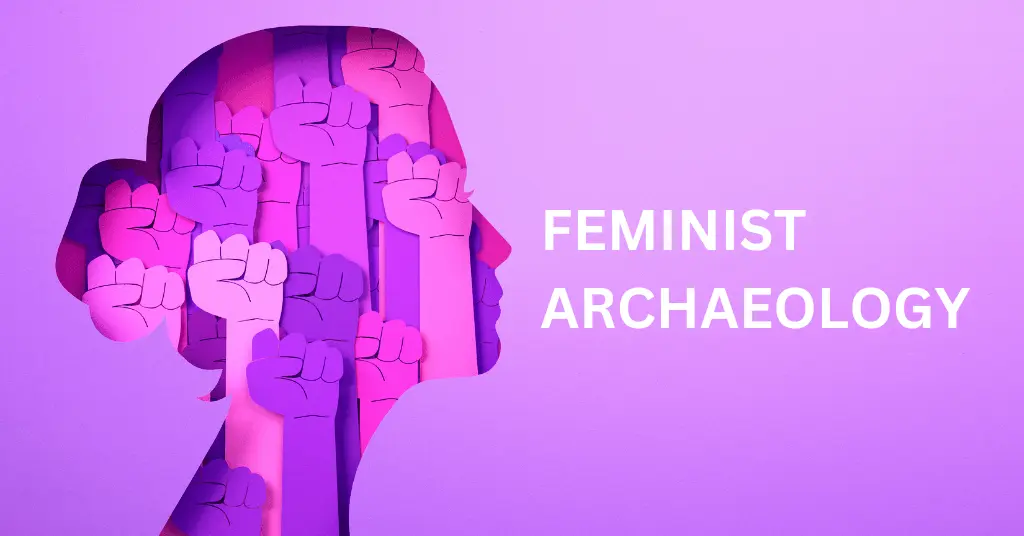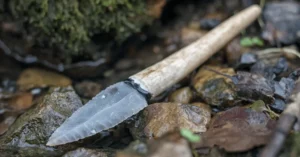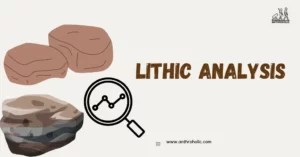AI Answer Evaluation Platform Live Now. Try Free Answer Evaluation Now
Feminist Archaeology
Feminist archaeology is a field of archaeology that originated in the 1970s and 1980s as a reaction to the male-dominated character of the profession. It tries to investigate and criticize the gender biases and prejudices that have been prominent in archaeological study, as well as stress the experiences and contributions of women in the past.

Feminist archaeologists often use a variety of methods to study gender, including analyzing the material culture associated with gendered activities, such as food production or textile manufacturing, and examining the ways in which gender was constructed and performed through art, architecture, and other forms of cultural expression.
One of the major aims of feminist archaeology is to give voice to those who have been marginalized or silenced in the past, such as women, people of color, and individuals from non-Western civilizations. This typically entails questioning the accepted narratives of the past and embracing new sources of information, such as oral histories and ethnographic data.
Feminist archaeologists also commonly participate in activism and advocacy work, striving to establish more inclusive and varied research settings and to promote gender equality and social justice in the greater community. They may collaborate with community organizations, lobby for the conservation of cultural heritage areas, and attempt to assess the ways in which archaeological research is utilized to support injustice and oppression.
Generally, feminist archaeology tries to question the ways in which gender has been constructed and understood in the past and apply this knowledge to build a more fair and just future.
Feminist archaeology methodology
Feminist archaeology utilizes a multitude of approaches to investigate the past from a gender standpoint. Some approaches include:
Study of material culture: feminist archaeologists investigate artifacts and material culture to highlight gendered behaviors and activities. For example, they may look at the distribution of tools or the availability of different kinds of pottery to identify gendered roles in food production or artisan activities.
Gendered landscape analysis: feminist archaeologists investigate the physical landscape and constructed environment to discover gendered spaces, such as places for cooking, childcare, or religious activity. They may also investigate the arrangement of buildings and structures with regard to gendered roles and identities.
Ethnographic research: feminist archaeologists utilize ethnographic study to understand the gendered behaviors and experiences of extant civilizations. This may entail interviewing inhabitants of a community, attending cultural activities, and obtaining oral histories.
Cooperation with descendant communities: feminist archaeologists work in collaboration with descendant communities to include their knowledge and ideas into archaeological investigations. This may mean sharing scientific findings, co-authoring articles, and including community members in excavation and analysis.
Critical analysis of historical texts: feminist archaeologists critically evaluate historical records to identify the gendered assumptions and prejudices that have shaped prior perspectives of the past. This may entail looking at literature from diverse viewpoints, including those of women, people of color, and non-Western civilizations.
Intersectional analysis: Feminist archaeologists investigate the intersectionality of identities, such as race, ethnicity, and class, to understand how diverse kinds of oppression interacted in the past and how they continue to affect modern society.
Feminist Archaeology’s recent findings
Feminist archaeology has contributed much to our knowledge of the past by analyzing the experiences and contributions of women and other marginalized groups. Some current results and study topics in feminist archaeology include:
Gendered labor and production: feminist archaeologists have emphasized the gendered characteristics of labor and production in the past, examining the role of women in food production, craft activities, and trade networks. For example, recent research has proved that women had a more substantial role in ancient metalworking than previously believed, challenging the belief that metallurgy was strictly a male enterprise.
Gendered violence and conflict: feminist archaeologists have also investigated the implications of gendered violence and conflict in the past, notably the experiences of women and children in war and conquest. Modern study has uncovered the pervasive use of sexual assault in prior battles as well as the influence of colonialism on indigenous women’s lives and identities.
Intersectionality and identity: feminist archaeologists have increasingly highlighted the intersectionality of identities, studying the ways in which gender interacts with race, ethnicity, class, and sexuality in the past. Contemporary study has investigated the experiences of enslaved women and women of color in colonial civilizations, as well as the manner in which gendered identities were established in ancient religious and cultural activities.
Community involvement and cooperation: feminist archaeologists have underlined the value of community participation and collaboration in archaeological research, especially with descendant groups. Recent work has underlined the necessity for archaeologists to link effectively with indigenous populations to ensure that their ideas and talents are included in archaeological interpretations.
Finally, feminist archaeology has made vital contributions to our knowledge of the past by illuminating the experiences and opinions of oppressed people and questioning dominant narratives of the past. Continuing study in this field promises to continue to cast light on the unique experiences and contributions of women and other disadvantaged groups in the past.




